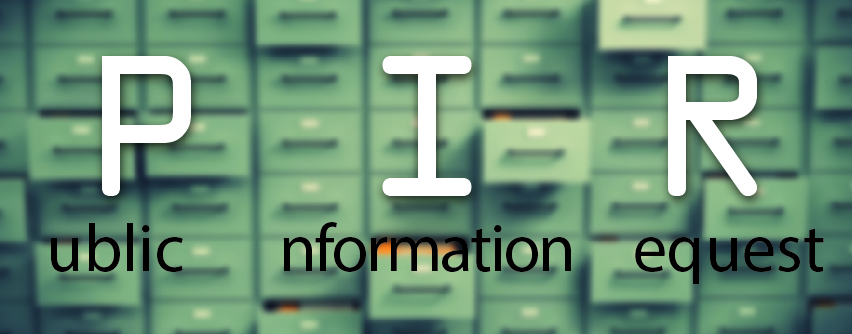Under the Texas Public Information Act, also called the TPIA, almost all information maintained by a governmental entity can be requested by a member of the public. To be considered a proper public information request, the requestor must ask for information in writing. If the governmental entity has appointed a public information officer, the request should be submitted to that person.
The TPIA can be quite burdensome. A myriad of documents are considered “public information” under the law, including emails, handwritten notes, investigation reports, personnel files—any information maintained by or available to the entity can qualify. And the TPIA contains very tight timelines; a governmental entity generally has only ten business days to respond to a request for information. Here are a few reminders to help your institution comply:
- The TPIA does NOT require a governmental entity to answer questions, create new documents, or to do legal research. The TPIA only applies to documents that exist on the day the request is made.
- The TPIA contains several exceptions to disclosure that enable a governmental entity to withhold some sensitive information from the requestor. However, the entity must generally request a ruling as to whether an exception applies from the Attorney General of Texas.
- Never give a requestor information that is confidential under the law without consulting legal counsel. Some examples of legally confidential information include records protected by the Family Educational Rights and Privacy Act (FERPA) and confidential teacher evaluations.
- Not all requests for information are TPIA requests. Some may be requests for student records under FERPA or demands for documents related to a lawsuit. Different rules and timelines apply to these requests.
Training on the TPIA is crucial for any person who will handle a request, and is legally required for elected or appointed public officials. Information about training can be found on the Attorney General’s website located at https://www.texasattorneygeneral.gov/og/pia-training
This article should not be construed as legal advice related to any specific facts or circumstances. Although this article covers legal subjects, it is intended to educate readers about school law topics and not to provide advice that will be the basis for action or inaction in any specific circumstance. Viewing these materials does not create an attorney-client relationship between Abernathy, Roeder, Boyd & Hullett, P.C. and the reader or the reader’s institution. For circumstance-specific legal advice, please directly contact a licensed attorney.







Leave A Comment